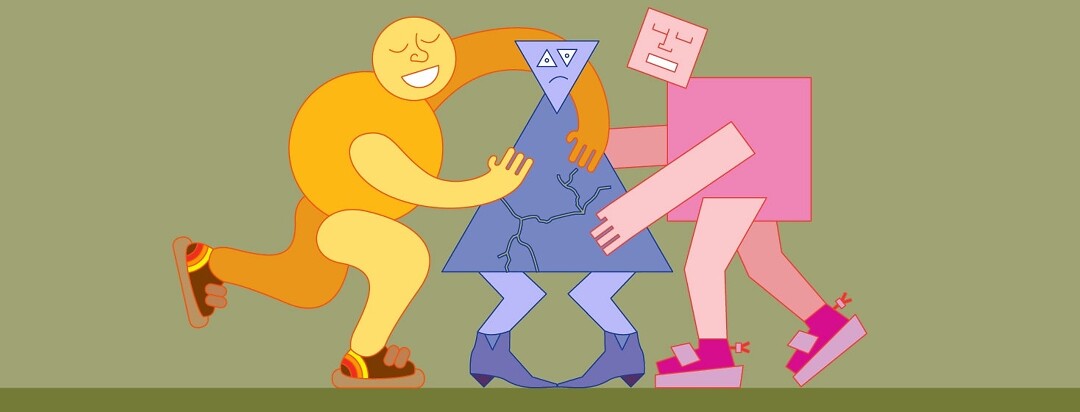Societal and Familial Pressures
Disabled individuals endure many challenges throughout life. Living with an illness is exhausting both physically and mentally from a range of symptoms, attending a handful of appointments, and reoccurring flare-ups. However, these are not the only challenges they face. Many disabled people also have to experience pressures and unrealistic expectations from a societal and familial standpoint.
We are expected to “perform” as abled people do in society*
*It’s important to note that some, not all, people with disabilities can still live a “normal” lifestyle (i.e. working a full-time job.) Disability is fluid and each person’s situation depends on the severity of their illness and symptoms.
Despite undergoing many physical and emotional traumas, both daily and long-term, those of us with disabilities are still expected to contribute to society to the same capacity as an abled individual.
There’s still expectations to arrive at the same chapters of life at a certain age—go to school, get a house, have kids, get a stable career. We’re expected to live a limitless life despite living with limitations. This is because we live in a world and society that is constantly viewed through an ableist lens. If you are not “contributing to society”, you aren’t as valuable or you are seen as lazy.
There are often familial pressures and expectations, too
Many of us also have to deal with family members who expect us to live or behave a certain way despite our limitations. We may be expected to push ourselves, feeling forced to overstep our own boundaries to the point of crashing, which inevitably causes a flare-up of symptoms. The stresses of being surrounded by unfair expectations and judgements is also enough to cause a flare, as stress of any kind triggers inflammation in our bodies.
The familial and societal expectations placed on us is unjust
It is up to disabled individuals alone to decide what they feel they are capable of. A society who consistently views things through an ableist lens, and unsupportive family members should not be the judges and jurors of the lives and circumstances of a chronically ill person. Yet somehow, this is considered to be a common occurrence. We have already had so much taken away from us—-so many choices snatched away-—and even so we have to continue on in a world that is still trying to take more choices away from us, or rather make choices for us.
It leaves us feeling like we’ve lost any, if not all, independence
“My body—my choice.” Isn’t that how the saying goes? So then why are disabled individuals constantly losing their ability to make their own choices, or are being made to feel ashamed about making choices they feel best serve their circumstances? When abled individuals try to take that right away by placing unfair expectations or disbelieving the severity of our symptoms, they are taking away our independence. Our humanity. Many of us have lost a good chunk of our independence after falling ill.
So the question remains: after centuries of fighting for our voices to be heard, why are we still here?
“It’s always tempting to look at the past as something strange and distant, to say ‘Thank God we know better now.’ But what I could never have imagined, had I not gotten this disease, is that we’re still doing this.” — Jennifer Brea
Community Poll
What topics are you interested in learning more about?

Join the conversation